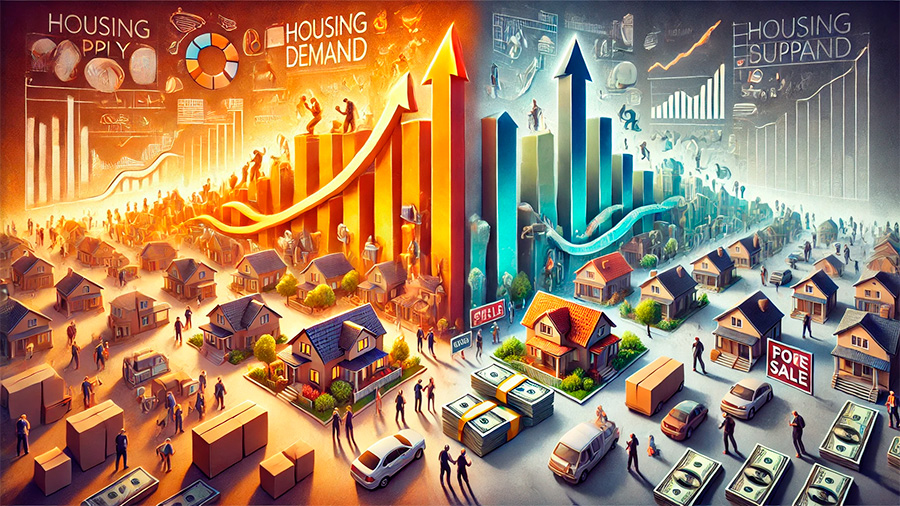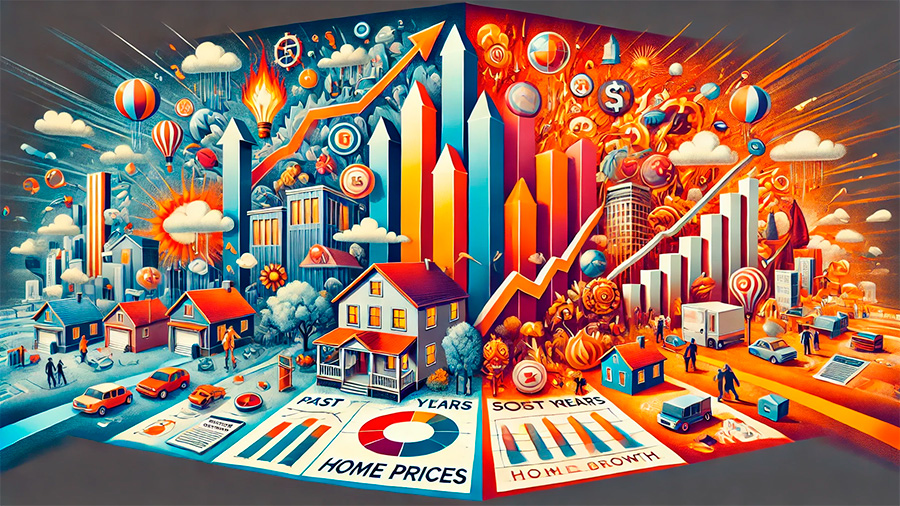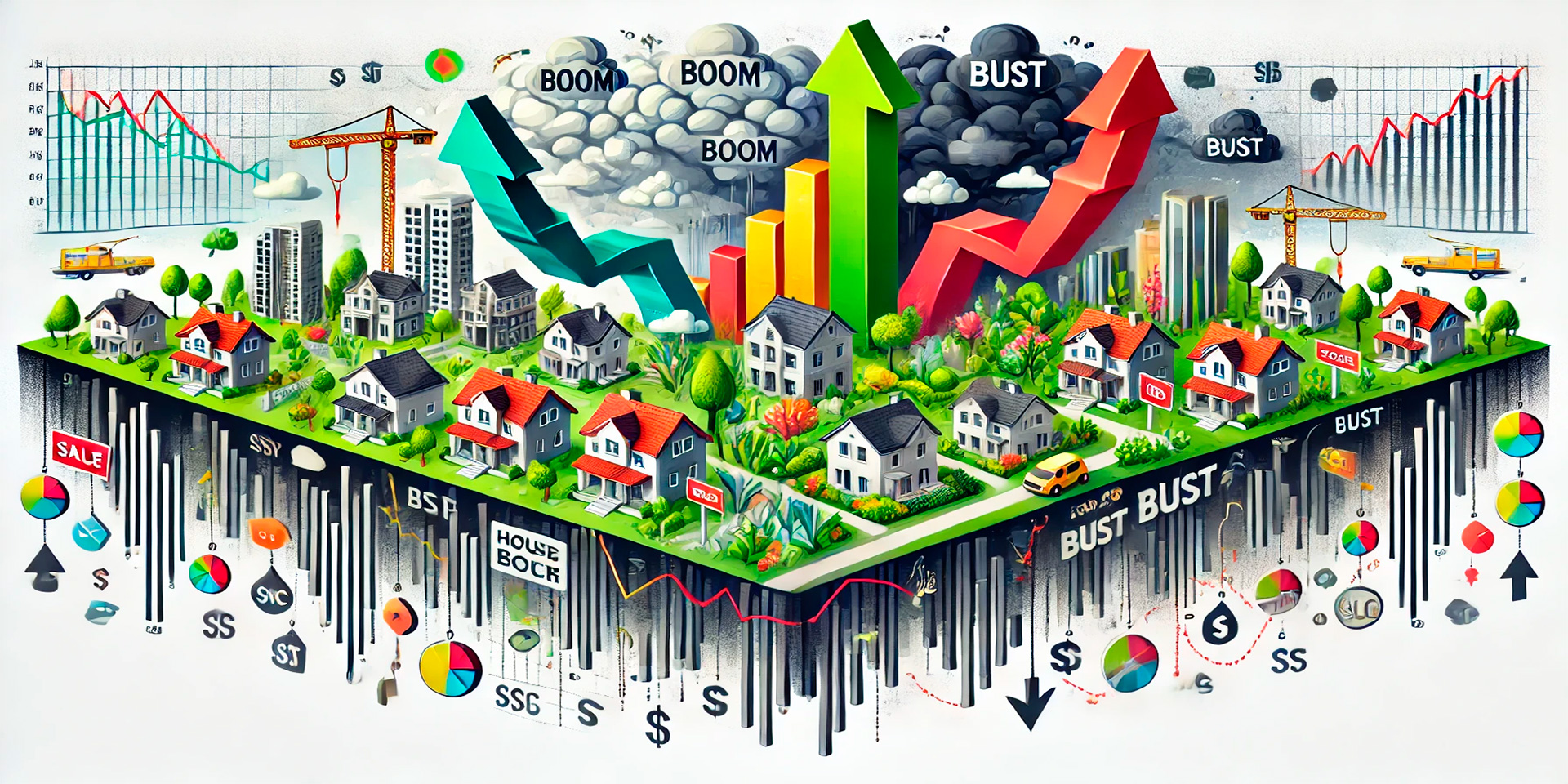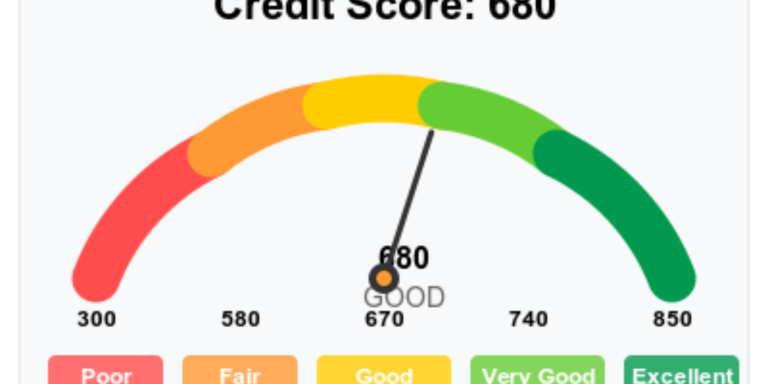The housing market has experienced significant fluctuations over the last few decades, with periods of booming growth followed by sudden downturns. As we look ahead to the coming years, many wonder whether the market is heading for another boom or a potential bust. Understanding the factors driving these changes is key to predicting the market’s trajectory. From interest rates and inflation to housing supply and consumer demand, several forces are at play in shaping the future of the housing sector. In this article, we explore expert forecasts and what to expect in the years ahead.
The Role of Interest Rates in the Housing Market
Interest rates are one of the most critical factors influencing the housing market. When the Federal Reserve lowers interest rates, it becomes cheaper to borrow money, making mortgages more affordable for homebuyers. Conversely, when the Fed raises rates, borrowing costs increase, reducing affordability and dampening demand. Over the past few years, historically low interest rates have fueled a housing boom, with more buyers entering the market and pushing home prices to record highs.
Potential Rate Hikes in the Future
Experts predict that interest rates are likely to rise in the coming years as the Federal Reserve attempts to control inflation. Rising rates could cool the housing market, as fewer buyers will be able to afford homes at higher mortgage rates. This slowdown in demand could lead to a decrease in home prices or, at the very least, a moderation in price growth. If rates rise quickly, we could see a more dramatic impact, particularly in overheated markets where affordability is already stretched.
Impact on Homebuyers and Investors
For potential homebuyers, rising interest rates mean higher monthly mortgage payments, which can limit purchasing power. Many buyers may be priced out of the market altogether, leading to a reduction in demand. Investors, particularly those relying on mortgage financing, may also pull back from the housing market as the cost of borrowing increases, potentially reducing competition for properties and stabilizing prices.
Inflation and Its Impact on Housing Prices
Inflation is another key driver of the housing market’s future. As prices for goods and services rise, so do the costs associated with building and maintaining homes. Construction materials, labor, and land costs all increase during periods of high inflation, driving up the overall cost of housing. While inflation can lead to higher home prices, it also reduces consumers’ purchasing power, which can weaken demand and slow the market.
How Inflation Affects Homeownership
For existing homeowners, inflation can be a double-edged sword. On one hand, rising home prices increase home equity, making homeownership a valuable investment. On the other hand, inflation also raises the cost of living, potentially making it more difficult for homeowners to afford upkeep, repairs, and property taxes. Homeowners with fixed-rate mortgages are somewhat insulated from inflation, as their monthly payments remain stable, but those with adjustable-rate mortgages (ARMs) could see their payments rise as interest rates increase.
Inflation’s Effect on Renters
For renters, inflation can be particularly challenging. As property owners face higher costs, they are likely to pass those costs on to tenants in the form of higher rents. This can make renting more expensive, pushing some renters to consider homeownership as a more cost-effective option, especially if mortgage rates remain relatively low compared to rental inflation.

Housing Supply and Demand Dynamics
The balance between housing supply and demand plays a crucial role in determining whether the market is headed for a boom or bust. Over the past decade, a shortage of housing supply has driven home prices upward, as demand outstripped the available inventory. A lack of new construction, combined with increased demand from millennials entering the housing market, has contributed to this imbalance.
Will Supply Catch Up to Demand?
Looking ahead, one of the key questions is whether housing supply will finally catch up to demand. Some experts believe that new construction will ramp up in the coming years as builders respond to the housing shortage. If this happens, it could help alleviate pressure on home prices, making homes more affordable for buyers. However, rising construction costs and labor shortages could slow the pace of new home building, keeping supply tight and prices high.
Demand Trends: Will Millennials Keep Driving the Market?
Millennials, the largest generation in U.S. history, have played a significant role in driving housing demand over the past several years. As more millennials reach their prime homebuying years, demand is expected to remain strong. However, rising interest rates and high home prices could temper this demand, especially in high-cost markets. On the flip side, the desire for homeownership remains strong, particularly as remote work continues to give buyers more flexibility in choosing where to live, potentially sustaining demand in suburban and rural markets.
The Risk of a Housing Market Bubble
With home prices rising rapidly over the past few years, concerns about a potential housing bubble have emerged. A housing bubble occurs when home prices rise far beyond their intrinsic value, driven by speculative buying and unsustainable demand. Bubbles are typically followed by sharp declines in home prices, leading to a market crash or bust.
Are We in a Bubble Now?
While some experts caution that the rapid price increases seen in recent years resemble the conditions leading up to the 2008 housing crash, others believe the current market is fundamentally different. For one, lending standards have improved since the last crash, with stricter requirements for mortgages, reducing the risk of widespread defaults. Additionally, today’s demand is driven more by genuine buyer interest, rather than speculative investments, which suggests that the market may be more stable.
What Could Trigger a Market Correction?
Even if the market isn’t currently in a bubble, certain factors could trigger a correction in home prices. A sharp rise in interest rates, an economic recession, or a sudden increase in housing supply could all lead to a slowdown in the market. In particular, if interest rates rise too quickly, it could shock the market, leading to a rapid decrease in demand and a corresponding drop in home prices.

What to Expect in the Coming Years
Predicting the future of the housing market is inherently challenging, but most experts agree that we are unlikely to see the same dramatic growth in home prices that characterized the past few years. Instead, a combination of rising interest rates, inflation, and shifting supply and demand dynamics is likely to lead to a more balanced market. While home prices may continue to rise, the pace of growth is expected to slow, reducing the risk of a sudden bust.
Market Slowdown Rather Than a Crash
Many analysts anticipate a gradual cooling of the housing market, rather than a sharp downturn. As interest rates rise, demand is likely to moderate, but without the mass foreclosures and economic instability that led to the 2008 crash. Home prices may stabilize or increase at a slower rate, creating a healthier, more sustainable market for both buyers and sellers.
Opportunities for Buyers and Investors
For buyers, a cooling market could provide more opportunities to find homes at reasonable prices. While rising interest rates will make borrowing more expensive, the potential for slower price growth may help offset these costs. Investors may also find opportunities in the rental market, as rising rents continue to create demand for rental properties. However, those looking to flip homes for quick profits may face more challenges as the market stabilizes.
Understanding the factors influencing the housing market’s future can help buyers, investors, and homeowners make informed decisions. While no one can predict the future with complete accuracy, being aware of potential risks and opportunities can help you navigate the uncertainties of the housing market in the years to come.






